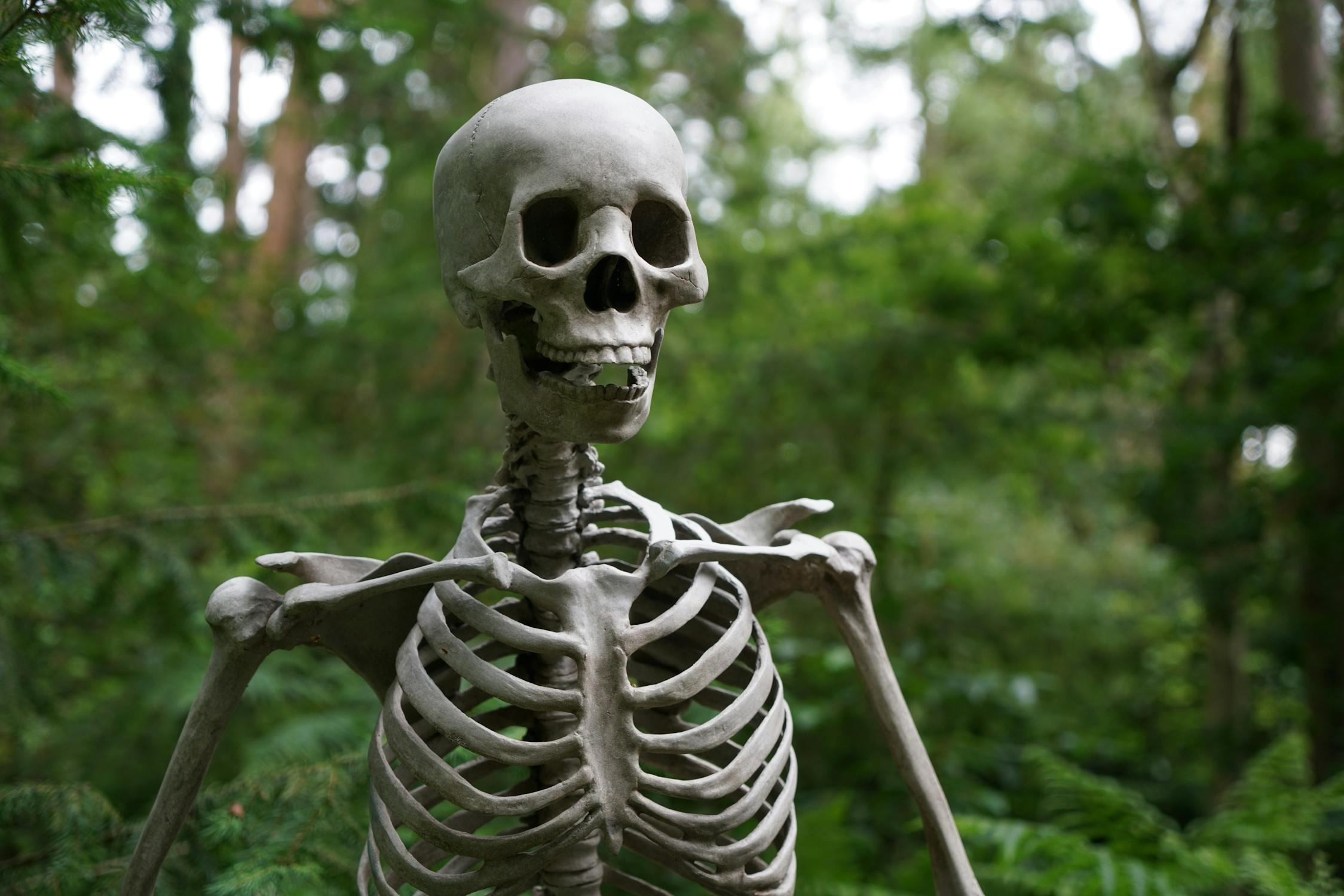What You Need to Develop Strong Bones
It is of utmost importance to have strong bones in order to maintain a healthy and happy life. As we age, our bone density weakens which puts us at risk for breaks and fractures more easily. Thankfully, there are many strategies one can take on board to make sure their bones stay fresh now as well as later in life!

Eat Protein
Eating protein is an essential component of building strong bones. Protein makes up approximately 50% of bone volume and plays a vital role in maintaining bone health. Consuming foods high in protein, such as lean meats, fish, poultry, beans, and dairy products, can help increase bone density and reduce the risk of fractures.
Get Calcium
Getting enough calcium in your diet is essential for developing strong bones. Calcium is a mineral that is important for the growth and maintenance of healthy bones. Dairy products like milk and cheese are rich sources of calcium. However, not everyone can tolerate dairy or chooses to consume it. Fortunately, there are other options for getting enough calcium in your diet. Dairy-free milks like soy and almond milk can give you the calcium you need in your diet, making them a good alternative for those who can’t or don’t consume dairy. By incorporating calcium-rich foods into your diet, you can help promote the development and maintenance of strong bones.
Exercise
Lastly, exercise is an essential factor in developing strong bones. Weight-bearing and resistance exercises can help stimulate bone growth and increase bone density. Activities such as running, dancing, and strength training can be effective at building and maintaining strong bones. Aim to exercise for at least 30 minutes a day, five days a week, to help maintain strong bones.
Maintaining a wholesome lifestyle is paramount to preserving strong bones. Quitting smoking and drinking in excess can contribute immensely towards this, as they both cause your bones to deteriorate over time. Additionally, make sure that you get plenty of Vitamin D from the sun or supplements; it helps the body absorb calcium effectively. Lastly, be sure to sleep well – lack of rest affects bone health significantly too!
Achieving and sustaining bone strength requires a healthy lifestyle. Eating protein, receiving enough calcium in your diet, and exercising every day are essential for strong bones throughout life. Incorporating these habits into your daily routine will reduce the risk of fractures significantly and ensure the strength of your bones well into old age.
Did you enjoy reading this article? Here’s more to read: How You Can Get Serious About Getting Fit